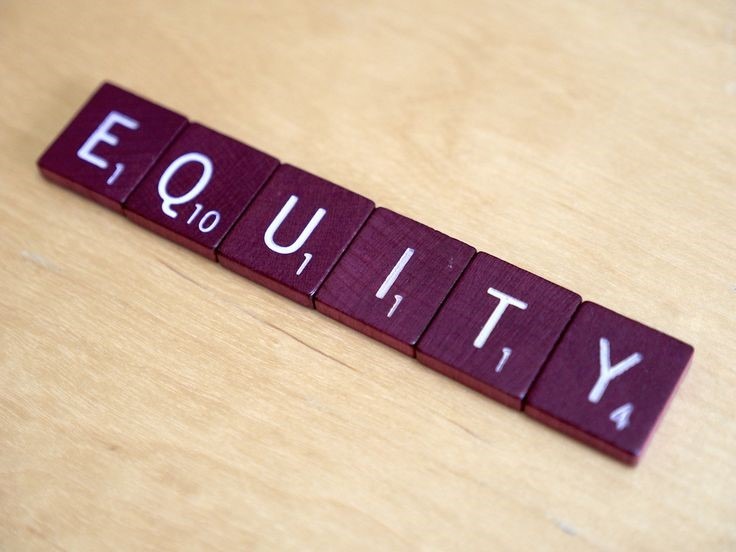Equity refers to the investment done by the owners of an entity. It represents what the business owes to its owners. It also reflects the capital left in the business after assets of the entity are utilized to pay off the outstanding liabilities.
It can also be defined as the book value of a company or an organisation which has arrived after deduction of the total liabilities from the total assets. Let us understand more about what are equity shares in the following lines: Equity shares are the main source of finance for any organisation or firm. It gives investors the rights to vote, collect share profits and lay a claim on the company assets. They are also known as ordinary shares.
The equity shareholders are the owners of the company and have voting rights. They are paid dividends similar to preference shareholders. Equity shareholders take more risk in business as compared to preference shareholders.
Features of Equity Shares
Following are the features of equity shares:
- Equity shares provide permanent capital to the company, and it cannot be redeemed as long as the company is in function. The shares can only be claimed when a company is liquidated.
- Equity shares provide their holders with a residual income; they get a claim on profit and are paid in the form of dividends that do not have a fixed rate.
- Equity shares give their owners voting rights and thus control over the working of a company.
- A unique feature of equity shares is of limited liability. Equity shareholders liability is restricted only to the number of shares that they have purchased. So they cannot be held liable for losses of the company at the time of liquidation.
Example of Equity Shares
- Authorised Share Capital: This is the maximum amount of capital that a company can issue and the value of which can be changed from time to time.
- Issued share capital: It is a part of authorised capital which is offered by the company to its investors.
- Subscribed share capital: It is a part of issued share capital that has been subscribed by investors.
- Paid-up Capital: A part of subscribed capital, it is the actual money that is invested in the business.
- Rights shares: These are shares, issued to existing shareholders in order to protect their ownership rights.
- Bonus Shares: Shares issued in the form of dividends are called bonus shares.
- Sweat Equity Shares: It refers to the shares allotted to employees who provide groundbreaking know-how or those involved in providing intellectual property rights to the organisation.
The above mentioned are some examples of equity shares. To learn more about shares and other business concepts, stay tuned to BYJU’S.

